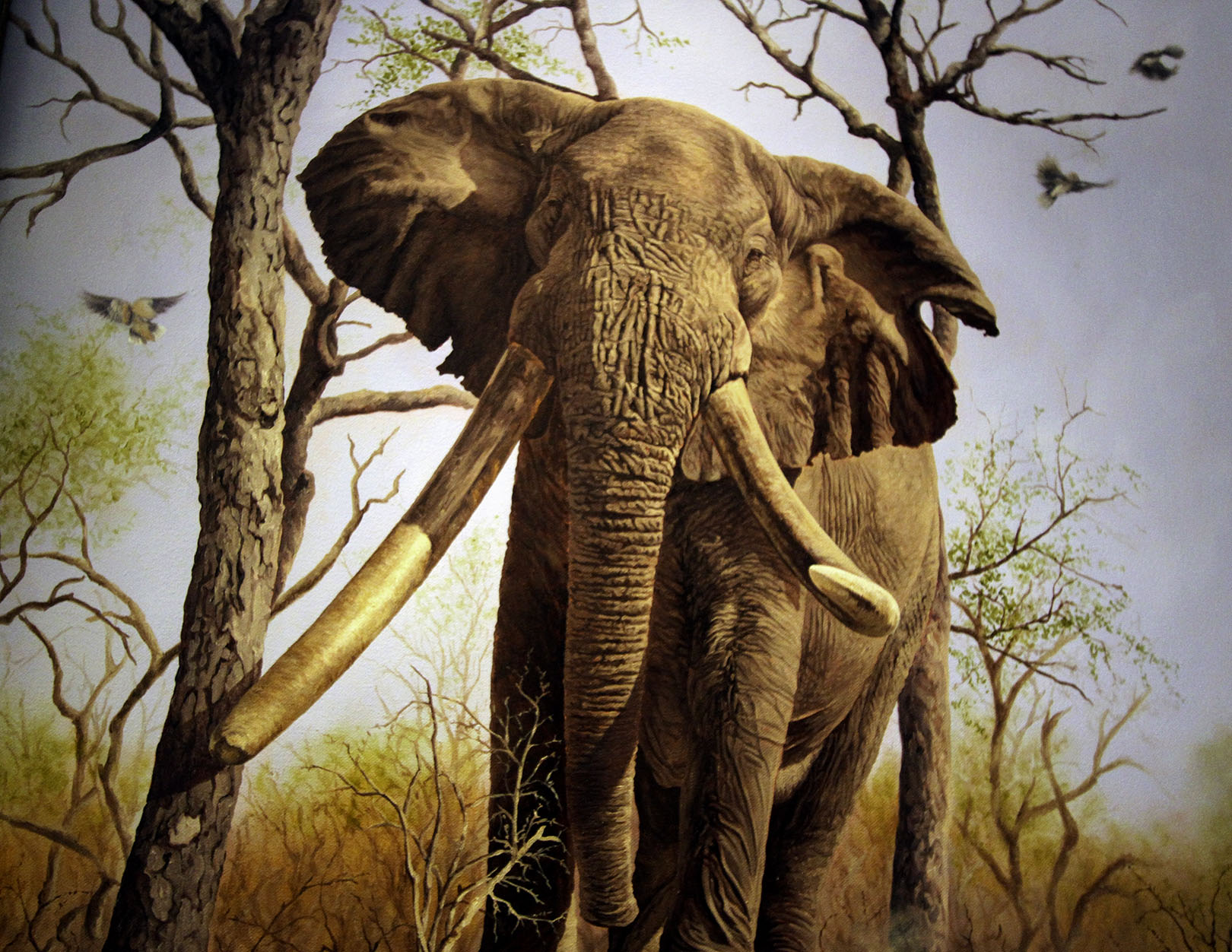- BY tictac
- POSTED IN Animal Laws
- WITH 0 COMMENTS
- PERMALINK
- STANDARD POST TYPE

- Elephants and rhinoceros are among the most threatened species in Kenya, as their tusks and horns make them prime targets to poachers
- It’s illegal to kill the endangered animals in Kenya, and the Wildlife Conservation Act, put in place in 2013, carries a life sentence or fine of $200,000 for offenders; however, the sentences weren’t acting as a strong enough deterrence
- A much harsher sentence has now been announced: poachers in Kenya will face the death penalty; the measure has brought about both praise from those hopeful that the stiffer sentence will save the species at risk and backlash, from those opposed to capital punishment
Kenya Increases Wildlife Crime Prosecutors
Poaching in Africa is largely the result of organized crime syndicates, who use high-powered technology and weaponry to track and kill many animals at once without being detected. In an effort to fight back, the Kenya Wildlife Service (KWS) plans to increase its number of wildlife crime prosecutors.
Currently, only two such prosecutors cover the entire country. But it’s hoped that the number will be increased to up to 14, allowing Kenya to ensure poaching criminals are appropriately prosecuted. The measure was made possible by a collaboration between Kenya’s national prosecution service and conservation organization Space for Giants.
Not only can KWS catch wildlife criminals but now they have the capacity to ensure those criminals are convicted under Kenya’s robust laws. This is a critical step up in the battle against the illegal wildlife trade.”
What Does the Future Hold for Endangered Rhinos and Elephants?
Aside from poaching, habitat loss is another threat faced by rhinos and elephants. These species require large expanses of land but their habitats are being broken up by human encroachment, including the building of roads, livestock production, crop cultivation and civil unrest.
Efforts will need to be made across the continent, for lasting protection to occur.

